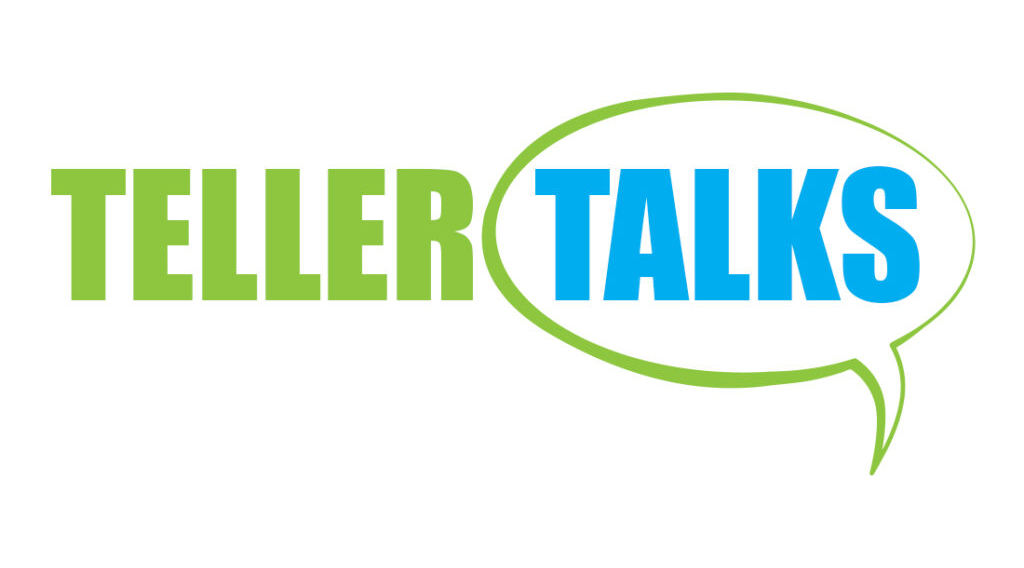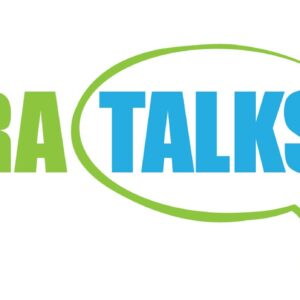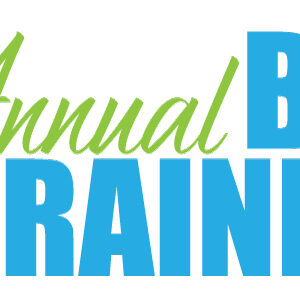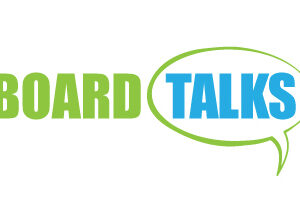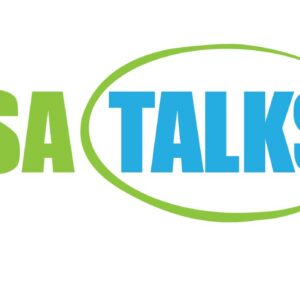Teller Talks
$999.00
Teller Talks is a series of conversations about banking topics. This series purpose is to create unique short educational programs for both professional development and increasing technical expertise of our frontline staff. It is a more casual approach to learning fundamentals about checks, cash, holds, regulations and other important topics. Designed for weekly or monthly meetings, orientation or ongoing development of your tellers and branch staff, these Talks are a new approach which will complement and enhance your already developed teller training programs. Some Talks will fulfill annual training requirements such as BSA, Security and Regulation CC on Holds.
Included:
- 20 Programs under 15 minutes
- Each with a quiz
- Teller Handbook for the more formal training at your institution
- Certificate of Completion
- Sign In Sheet
Target Audience:
Tellers, Teller Supervisors, Teller Training, New Accounts, Branch Managers and Compliance
Topics:
1. Be Your Best Self!
During this talk we will talk about discovering and using your best skills for your workplace. A message about embracing our differences and diversity as well as continuing to learn everything that you can in our industry.
2. AML and BSA
Learn about anti-money laundering (AML) and the resulting Bank Secrecy Act (BSA) programs that our financial institutions run. How the little things end up protecting our financial systems from harm and criminals. This is a big picture look at our BSA program and the public and private partnership to prevent financial crimes.
3. Bank Products and Services
We will discuss basic bank products under Regulation D. We will also look at the services that are layered over these product. Learn more about bank products and services and how we help our customer with modern and older technology.
4. Careers in Our industry
There are so many careers within the banking and credit union organizations. The Teller job is often a jumping off point to other departments and areas in our institution. It is a foundational job and will help you in any career in our industry. Learn more about careers and opportunities in our business.
5. Common Check Scams
Our account holders are exposed daily to fraud and often are very innocent about it. We ask questions and learn about their check situations to protect them from harm. Learn about scams from lotteries to forgeries and how you can help.
6. Communicating with Your Customer
Our goal is to have the best possible experience with our customers. These are easy guidelines to ensure that we do not offend our customers with our emails, our body language and our actions. Learn more on how to make your customer feel appreciated.
7. Currency
During this talk, we will look at security features on currency. Review how to detect counterfeit currency. This is a quick look at how we “know” our money and protect our financial institution from counterfeit money and criminals.
8. Debits and Credits
Our institutions use debits and credits to move money in and out of our customer’s accounts. These entries balance against our financial institution’s general ledger accounts. Learn how deposits and withdrawals by check, cash, payments on loans are either debits or credits.
9. Endorsements on Checks
This class will review endorsement fundamentals on checks. Who can endorse? What does an endorsement mean? What happens when it is a fiduciary? All of these questions are answered in this training on endorsements. Learn more.
10. IRA Products
A short course in IRA Products which covers the four products that an institution can open for a customer. These products feature the IRA Traditional, Roth IRA, SEP IRA and SIMPLE IRA plans.
Wonderful retirement products that can be offered to customers and set up by our financial institutions.
11. Keep Safe
It is important that employees and customers are safe in a potentially harmful situation. Learn what to do during a robbery or active shooter. This program will orient you and then you will have your own procedural training that will go over specifics for your institution.
12. Placing a Hold on a Check
Regulation CC governs how holds are placed on checking accounts. Learn about holds. How we place a hold? When do we place a hold? What forms can we use? Any many more questions about check holds will be answered.
13. Red Flags for Elder Fraud
Today’s teller is asked to keep an eye out for activity which may indicate elder abuse. During this program, learn how to detect elder abuse and what you can do to prevent it. Learn more in this short class.
14. Red Flags for Human Trafficking and Smuggling
The Department of the Treasury has developed red flags for detecting behavior that may indicate human smuggling and human trafficking. During this program we will cover those red flags and how financial institution’s staff can respond.
15. Simple Rules on Checks
The Uniform Commercial Code 3 and 4 in every state governs checks and liability between parties. This class simplifies those legal issues with ten easy rules to follow to help you remember these complex legal situations.
16. The Currency Transaction Report
Financial institutions report cash in and cash out if it is over $10,000. These reports are required under the Bank Secrecy Act (BSA). Learn the fundamentals of a Currency Transaction Report (CTR) and how to complete it.
17. The Role of the Teller in the Community
As a teller, you are part of a community where you live and work. This program focuses on the connection between the financial institution and the community and how we can best be of service to our industry and our homes.
18. Treasury Checks and Postal Money Orders
During this class, you will learn about federal checks. The treasury check and the postal money order have special security features and special rules. Learn more during this class on how to detect fraudulent items.
19. Understanding Checks
What is a check? How does it clear? What are its components? Learn about this payment mechanism and how it works for many account holders who still like to pay by check.
20. What is a Regulation? Compliance?
This class will focus on the process of a law to a regulation and how it impacts our compliance department. We will look at how rules and proposed rules get published. How commentary supports a regulation and how regulations are amended.
Here’s an example of a Teller Talk video…

